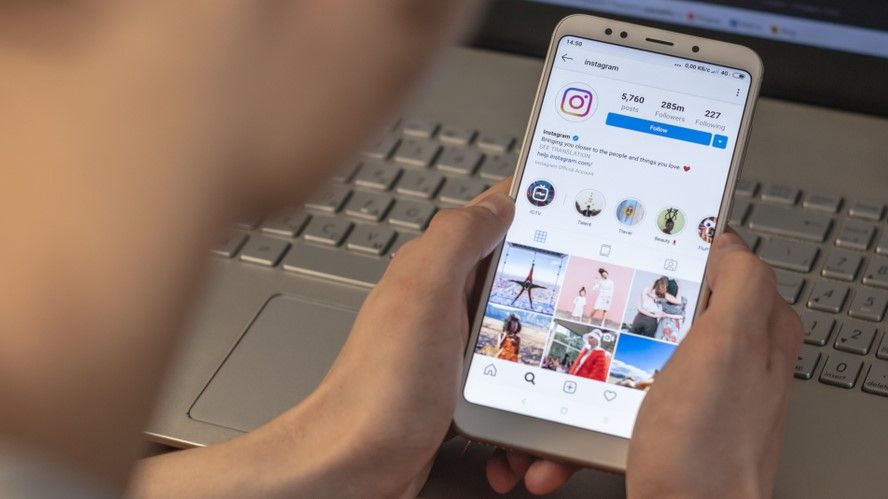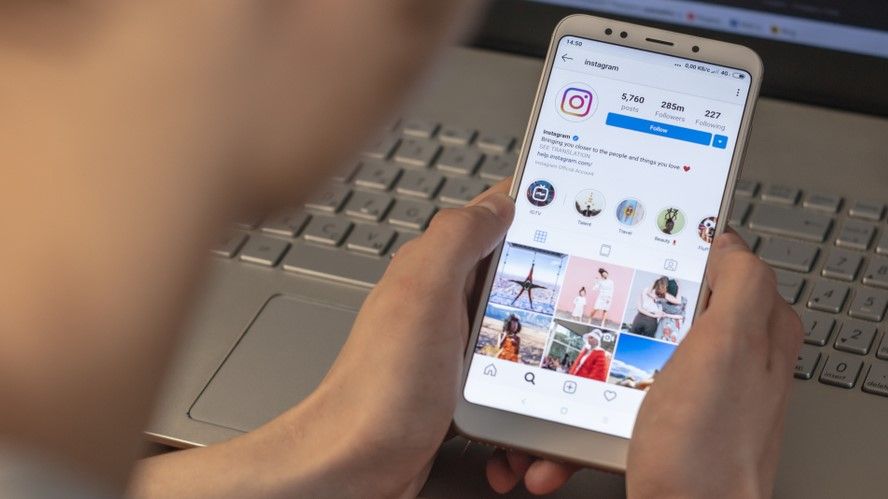
In its 11-year history, Instagram has only ever allowed its users to post photos and videos from its mobile app. But that might change soon with Instagram confirming it is trialling desktop posting.
“We know that many people access Instagram from their computer. To improve that experience, we’re now testing the ability to create a feed post on Instagram with their desktop browser,” an Instagram spokesperson said.
Social media consultant, Matt Navarra, is one user involved in the trial, and he’s posted some screenshots to Twitter of what the new function looks like on desktop. To see if you’re also part of the testing, log in on desktop and look for a ‘plus’ symbol on the top right corner.
NEW! @Instagram lets you create + publish posts via desktop! pic.twitter.com/JWzwKg1kyOJune 24, 2021
Don’t expect desktop support to come to the entirety of Instagram just yet though, as users involved in the test are only able to post photos and videos to the main feed, and can’t create Instagram Stories or Reels just yet.
It wasn’t impossible to upload photos to Instagram from a PC before this trial, but users have to jump through some serious hoops to do so. It involves downloading third-party apps onto your computer, so Instagram’s own desktop functionality will streamline the experience.
What Instagram learned in a pandemic
In April of 2020, Instagram introduced support for direct messaging on desktop and web browsers. In a blog post five months later, a data scientist at Instagram, Yorgos Askalidis, wrote about what the company had learned from the new function.
“We observe… an increased usage of the desktop website during weekdays and daytime hours (6am-2pm), while the native apps see an increased usage during evening hours (5pm-7pm) and weekends,” wrote Askalidis.
“This analysis also demonstrates how important the desktop web experience is for Instagram business accounts, who often use their personal computers throughout their workdays.”
Askalidis said Instagram hadn’t found any evidence that desktop usage was cannibalizing mobile app usage, but rather, “it’s quite the opposite – users who use both interfaces spend more time on each interface, compared to users who use each interface exclusively.”
As a result, Askalidis said, “Taking into account these findings, we have focused on building products that can enhance the user experience throughout the Instagram ecosystem, including web interfaces.”
As Askalidis pointed out, Instagram has moved beyond a simple photo sharing platform. Many businesses use Instagram to promote their services, while some content creators take pictures on a camera, use software to edit them and a third-party app to upload.
At the same time, with the pandemic moving the masses to working from home, Instagram acknowledges it needs to accommodate those who want to browse from their computer, and this long-requested feature is another effort to get there.
